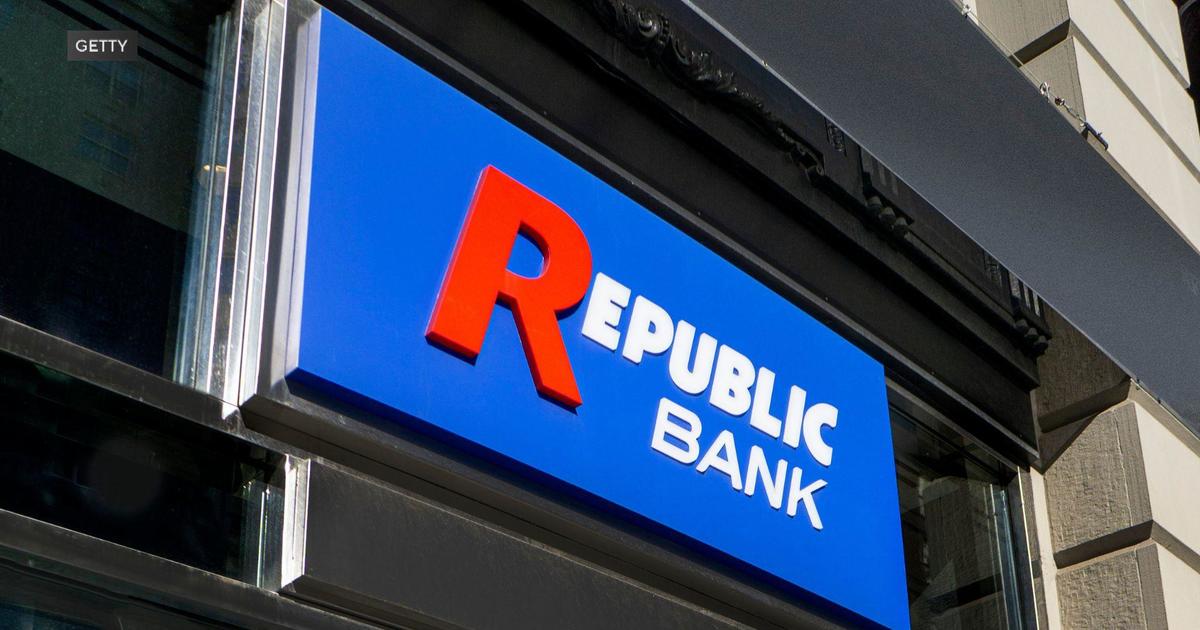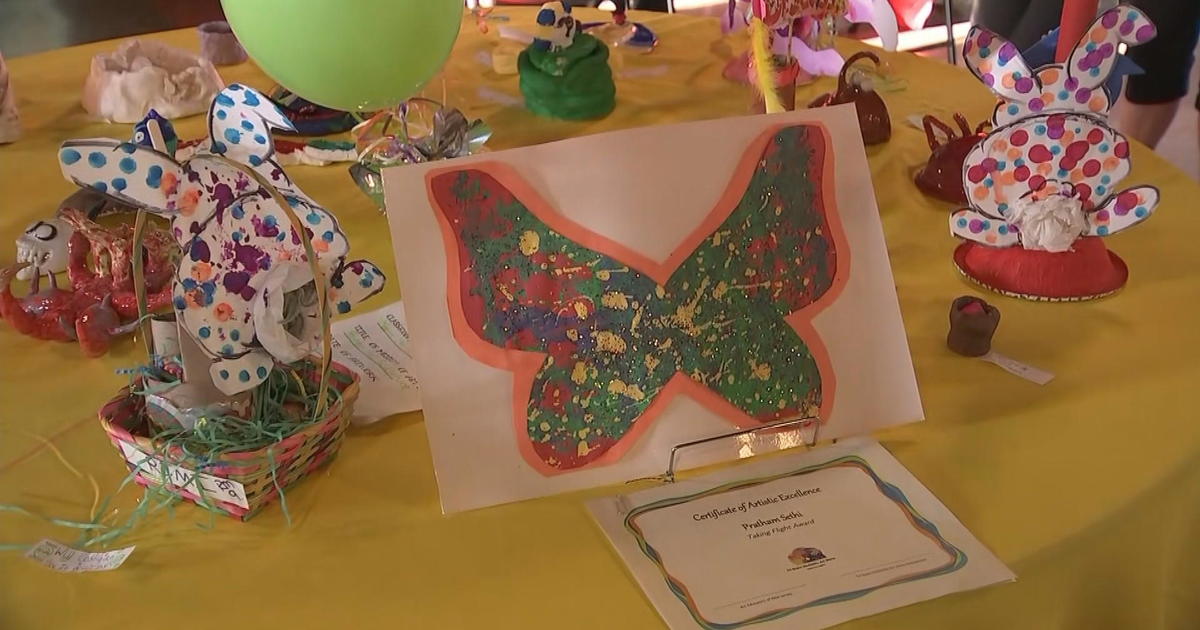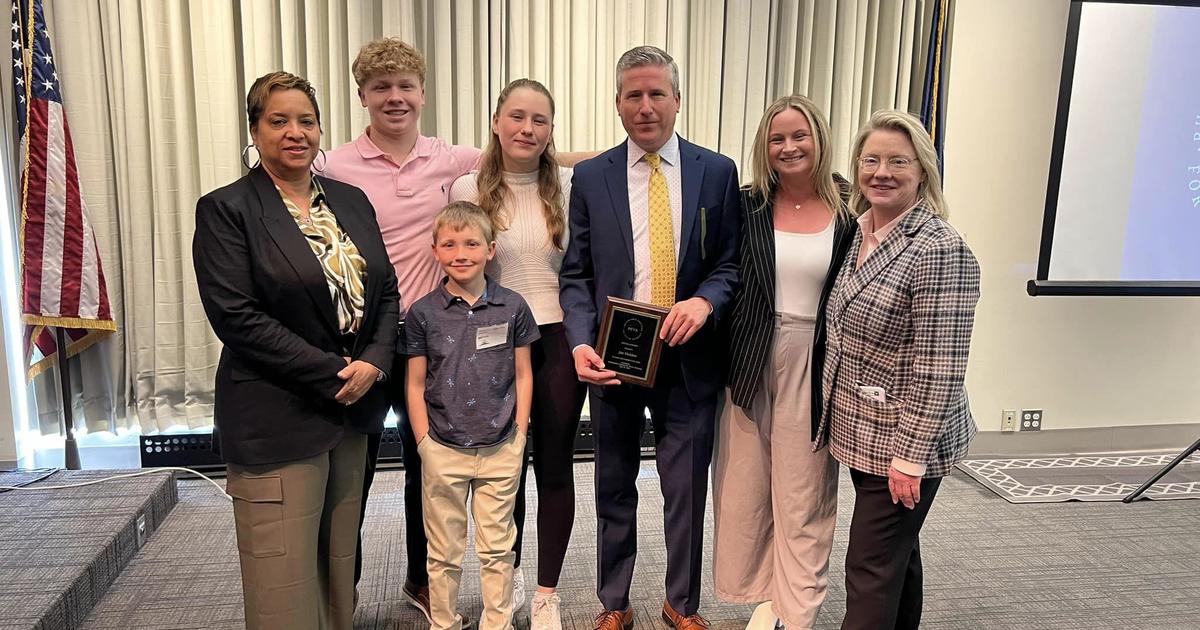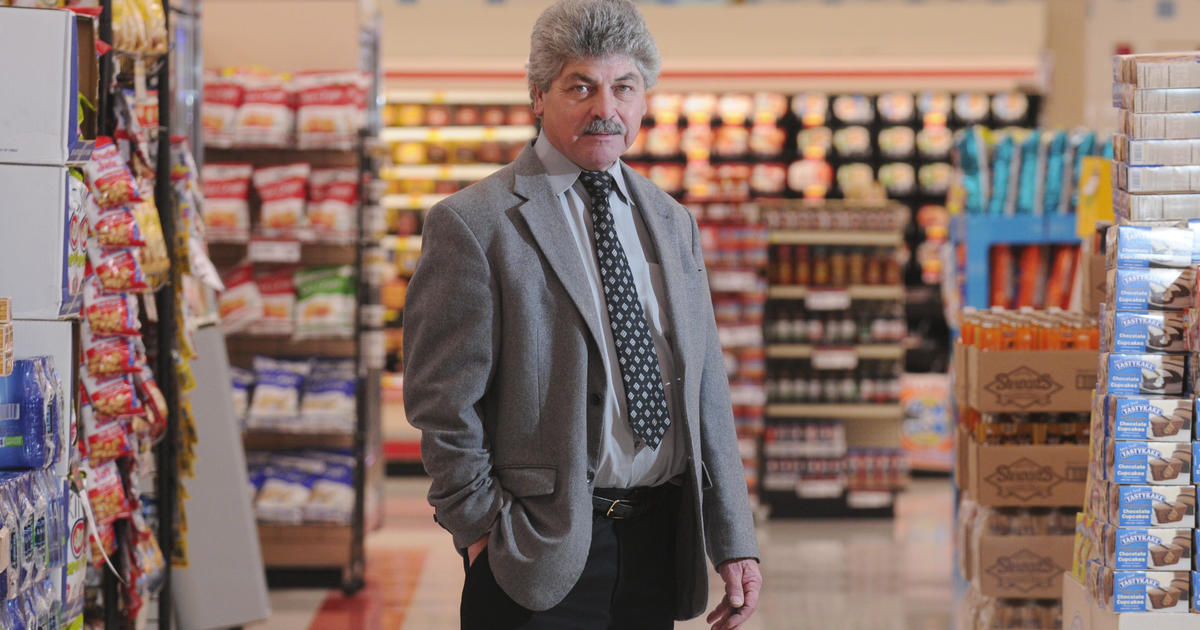After measles exposures in Philadelphia region, what you need to know about the virus, symptoms and vaccine
PHILADELPHIA (CBS) -- Local health departments have reported measles cases in Pennsylvania and New Jersey, and several people were exposed to the disease in Delaware, according to state officials. Although most people are vaccinated against this highly contagious virus, it can spread rapidly among those who are unprotected and can cause dangerous complications for some groups.
What is measles?
Measles is caused by a virus.
Children younger than 5 and people older than 20 are most likely to experience complications from measles, according to the Centers for Disease Control and Prevention. People who have compromised immune systems and who are pregnant are also more likely to have complications.
How does measles spread, and what are the symptoms?
Measles is transmitted through the air from coughing and sneezing.
"Measles is one of the most infectious diseases that we know," Dr. Robert Danoff of Jefferson Health told CBS Philadelphia.
Danoff said while people who are vaccinated are protected, those who are not should watch out for certain symptoms.
A person can start spreading measles before they know they are contagious – up to four days before the rash appears, according to the CDC.
How is measles prevented?
Protection from measles is included in the shot for measles, mumps and rubella, known as the MMR vaccine, which is typically given to children in two doses, one at 12 to 15 months and another at 4 to 6 years old, according to the CDC. It's also part of the MMRV vaccine, which includes varicella (chicken pox). The vaccine is safe.
Adults can be vaccinated, too, as needed.
The vaccine is very effective at preventing measles and the complications that come with the illness, the CDC says. If you're not vaccinated, getting the vaccine shortly after a measles exposure can help prevent disease or make it less severe, according to the CDC.
Is it possible to get measles in the United States?
Yes. Although measles rates have fallen dramatically since the vaccine was introduced, measles can still spread in people who are unvaccinated, and some countries have seen a rise in the virus in recent years.
Increasing vaccine hesitancy has contributed to the rise, and the COVID-19 pandemic also caused some families to delay or avoid routine childhood immunizations.
According to the city, 93% of children in Philadelphia children are vaccinated against measles. About 93.5% of adolescents in New Jersey have received the MMR vaccine, according to a 2023 report from the state.
How do I know if I'm vaccinated?
Contact your primary health care provider.
Delaware residents can also visit the DelVAX Public Portal to view their profiles.
How can I get the measles vaccine in Philadelphia?
In Philadelphia, the health department is offering measles, mumps and rubella vaccines for free at several locations. Health care providers and some pharmacies also administer the vaccine.
Latest measles news from the region
- Measles case confirmed in Camden County; officials working to trace source of infection
- 20-30 people potentially exposed to measles at Nemours Children's Hospital in Wilmington
- 2 more measles cases confirmed by Philadelphia Health Department, bringing total to 8
- Health officials warn of possible measles exposure in Montgomery County



